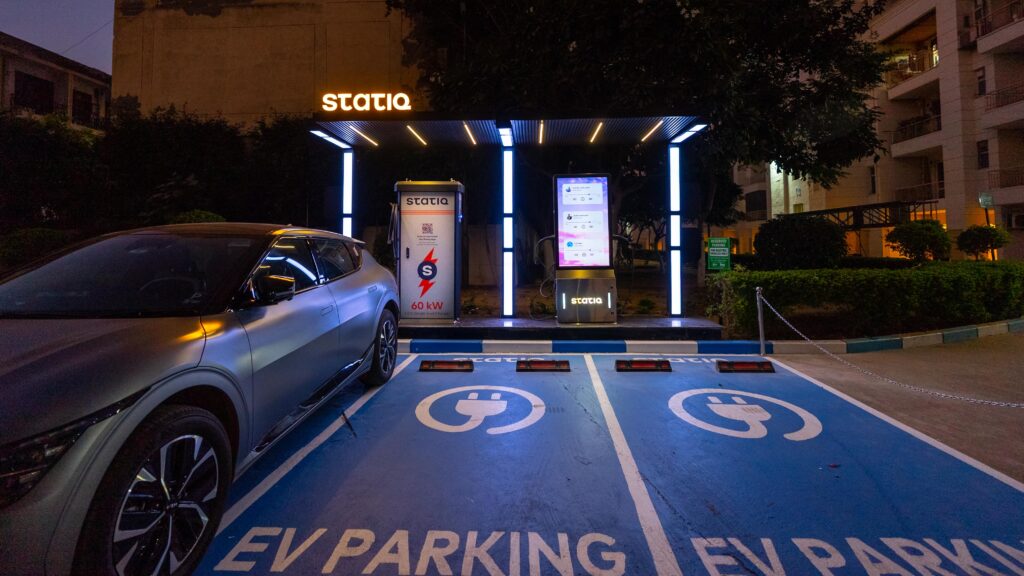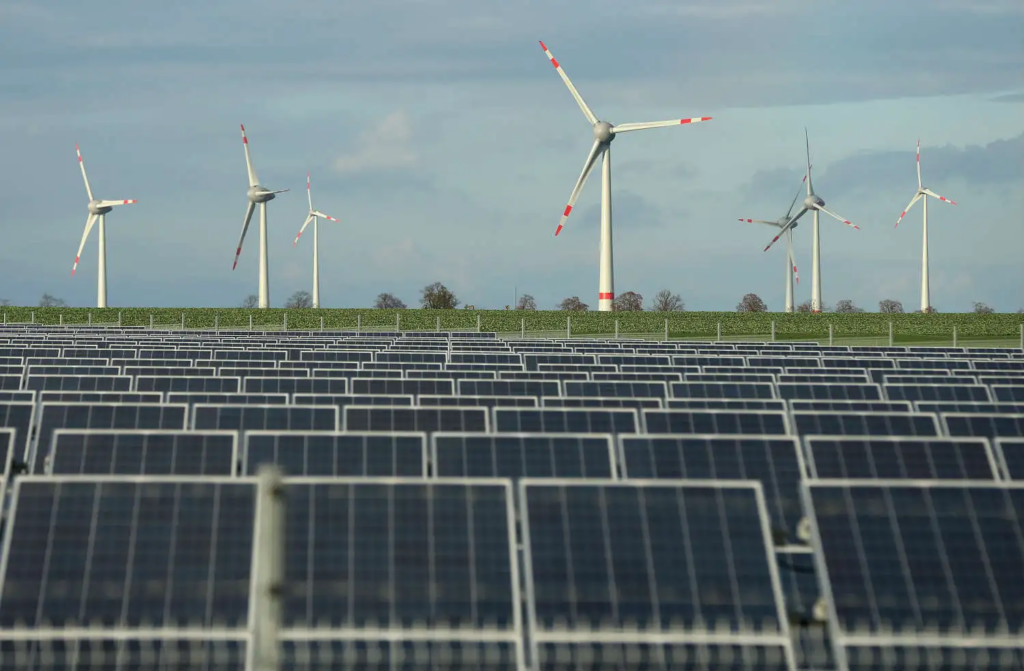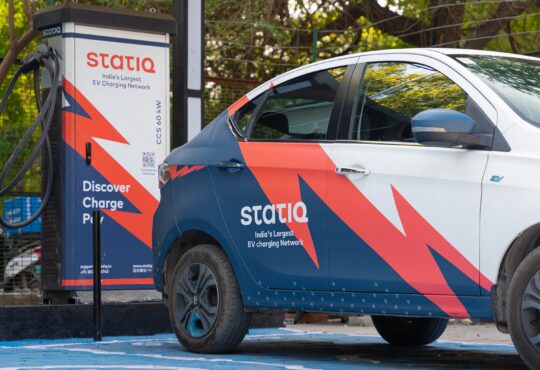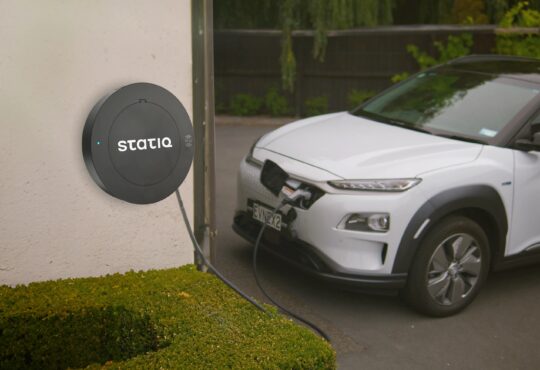
How EV Charging Stations Promote Sustainable Transportation
There is a global transition towards sustainable transportation due to the increasing adoption of electric vehicles (EVs). EVs offer numerous benefits, such as lower carbon emissions and low maintenance compared to internal combustion engine (ICE) vehicles. As EVs become more prevalent, the need for a robust charging infrastructure becomes necessary for the smooth adoption of electric vehicles. EV charging stations play a vital role by providing the necessary infrastructure to support the widespread use of electric vehicles. This blog explores the importance of electric vehicle charging stations and how they strengthen the overall EV infrastructure, promoting sustainable transportation.
Reduced Emissions

EV charging stations have significantly contributed to strengthening EV infrastructure, which leads to a reduction in greenhouse gas emissions. Electric vehicles produce zero tailpipe emissions. Hence, more electric cars on the road mean fewer tailpipe emissions. This will significantly reduce our reliance on fossil fuels and ultimately reduce air pollution. Moreover, when the electricity used to charge electric vehicles comes from renewable sources, it will further lower carbon emissions and improve air quality.
Improved Air Quality

The presence of EV charging stations will facilitate the adoption of electric vehicles, which will improve air quality. Traditional ICE vehicles emit harmful pollutants such as nitrogen oxides (NOx) and particulate matter (PM). These pollutants have adverse effects on human health and contribute to air pollution. By transitioning to electric vehicles and utilizing EV charging stations, we can minimize these harmful emissions, creating cleaner and healthier communities.
Overcoming Range Anxiety

Range anxiety, the fear of running out of charge and being stranded, is one of the main concerns for potential EV owners. The presence of an extensive and reliable EV charging network will help address this issue.
Statiq, India’s largest EV charging network, is building a robust network of EV charging stations to ease the anxiety of EV owners. It has installed more than 7,000 EV chargers across India in 70+ cities. All these EV charging stations are installed in premium locations such as hotels, motels, malls, corporate spaces, and other public places.
Drivers can find nearby charging stations by using the Statiq mobile app, and they can book the charging session on the app itself. This expanded range not only encourages more people to adopt electric vehicles but also promotes intercity and cross-country travel, contributing to sustainable transportation on a larger scale.
Decreased Noise Pollution

Another often overlooked benefit of EV charging stations is the reduction in noise pollution. Electric vehicles do not create unnecessary engine noise as compared to vehicles with internal combustion engines, which generate noise through engine combustion. The use of EVs, especially in urban areas, helps create quieter and more peaceful environments. Additionally, EV charging stations themselves generate minimal noise, ensuring that the charging infrastructure remains non-disruptive to surrounding areas.
Renewable Energy Integration

At present, a major portion of electricity is produced by burning fossil fuels such as coal, oil, and liquid natural gas (LNG). Producing electricity from these sources causes air pollution. Integrating renewable energy sources such as wind, solar, and hydropower will make the electricity used to charge EVs cleaner and greener. It will further reduce our reliance on non-renewable energy sources and help us achieve net zero emissions.
Sustainable Urban Planning

The presence of EV charging stations plays a crucial role in sustainable urban planning. As cities strive to become more environmentally friendly, incorporating EV charging infrastructure becomes an essential component of their sustainability initiatives. By strategically placing charging stations in residential areas, commercial zones, and public parking lots, cities can encourage the adoption of electric vehicles and facilitate a transition to greener transportation options.
Fostering Renewable Energy Growth

The expansion of EV charging stations supports the growth of renewable energy generation. As the demand for clean energy increases, investments in renewable energy sources and infrastructure become more economically viable. The integration of EV charging stations into the grid creates additional demand for renewable energy, driving further investment in solar, wind, and other renewable power generation technologies.
Conclusion
EV charging stations are a cornerstone of sustainable transportation and play a vital role in reducing emissions, improving air quality, minimizing noise pollution, integrating renewable energy, overcoming range anxiety, and fostering sustainable urban planning. By supporting the growth of electric vehicles and charging infrastructure, we can accelerate the transition to a greener and more sustainable future.
As governments, businesses, and individuals embrace the benefits of electric vehicles, the importance of EV charging stations becomes increasingly apparent. It is crucial to continue expanding the charging infrastructure, investing in renewable energy sources, and promoting the use of electric vehicles to reap the environmental advantages and build a more sustainable transportation ecosystem. Together, we can drive the transition toward a cleaner, greener, and more sustainable future.



